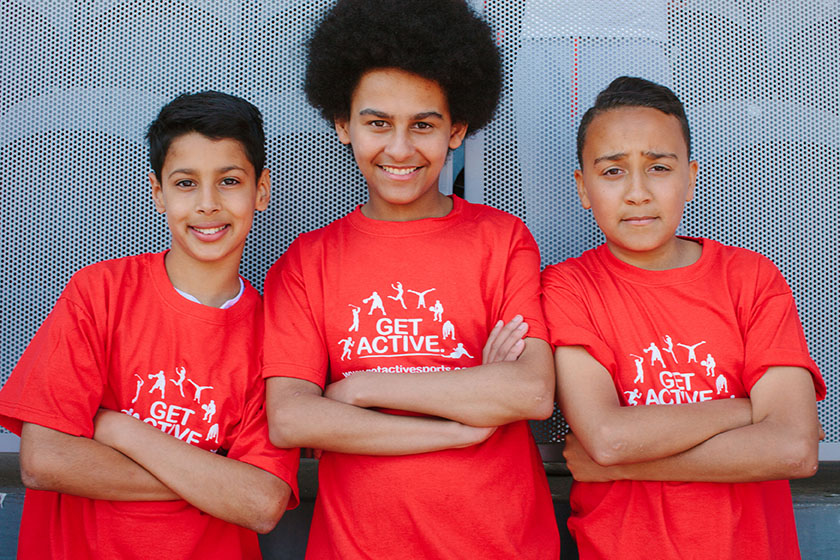
The average person has a slow metabolism, which can lead to frustration when trying to lose weight. There are many factors to take into consideration, such as the type of diet, muscle loss, and stress. We'll discuss these factors and their impact on weight loss. Also, we will discuss patience and consistency. Learn more about how to increase your metabolism.
Low-calorie diets slow down metabolism
It is normal for weight loss to result in a decrease in metabolic rate after you cut calories. It is not known how much your metabolism may slow after a diet. The Biggest Loser study found that participants still consume 500 fewer calories each day six years after their diet. These studies should not be taken as gospel.
It's essential to understand your metabolism before you can lose weight. Your body needs about 130 grams of carbohydrates each day to fuel your metabolism. This protective mechanism can be activated if you restrict calories too severely. It will slow down your metabolism and prevent weight loss. It is better to adopt a healthy and sensible eating pattern that slowly changes over time. Your metabolism is affected by the foods and beverages you consume and the amount of exercise you do.

The metabolism slows down when there is a loss of muscle
If you are trying to lose weight, it is possible that you may be curious about how your muscle mass will affect your weight loss plans. Your genetics will determine the size of your muscles. While genes may influence the shape and size of your body, the size and function of your muscles can have an impact on your metabolism. Fast metabolism is associated with greater muscle mass. This means that you'll burn less calories than if there's a loss of fat.
When trying to lose weight, muscle loss can slow down metabolism. It is because a smaller body requires less energy to run. The metabolism slowdown will be much more severe if your body is smaller than it would be with a larger one. Some muscle loss can occur when you lose fat and gain muscle. It is possible to lose weight, but it can also slow down your metabolism. However, you need to be aware how much muscle you will experience.
Metabolism is affected by increased stress
Studies show that chronic stress slows the body's metabolism. According to researchers from Yale University, chronic stress triggers the production of the stress hormone cortisol, which is associated with increased abdominal fat. Chronic stress also triggers the desire to eat, which may further exacerbate the problem. Moreover, stress can also increase a person's risk of heart attack. In addition, increased stress can disrupt the normal functioning of the brain, leading to a variety of health problems, including obesity.
Chronic stress also impairs the ability of the body to control its metabolism. It can affect the glucocorticoid signaling receptor located in fat tissue. This regulates metabolism and stress responses. It can lead to a decrease in energy balance and other negative consequences. Weight loss can only be achieved by reducing stress. There are many ways you can reduce stress, including regular physical activity and mindful meditation.

Patience and consistency affect weight loss
Consistency and patience are the keys to losing weight permanently. Your progress will be limited if you fail to keep your commitments. The long-term weight loss goal you have set for yourself will be far more difficult to achieve if you don't have patience and consistency. Listed below are some examples of how patience and consistency can help you lose weight. Below are other ways you can use patience and perseverance to lose weight.
FAQ
What is the best exercise for weight loss?
The amount of exercise needed for weight loss depends on several factors, including age, gender, body type, and how much you weigh. Most people require at most 30 minutes of moderate physical activity five times per week.
The American College of Sports Medicine recommends 150-minutes of moderately intense aerobic activity every week. It should be spread over three separate days.
If you are trying to lose 10 pounds, 300 minutes of moderate intensity exercise per week is a good goal. This includes activities like jogging or running, swimming laps and biking.
For those just starting out, you might consider 20 minutes of vigorous activity every other week. You could do sprints, lifting weights or jumping rope.
Aerobic exercise can help burn calories as well as build muscle mass. Muscle burns more calories per calorie than fat. So building muscle can help you lose weight faster.
How can busy people lose weight?
Losing weight is as easy as eating less and working out more.
Weight gain is possible if you eat a lot of food. You will gain weight if exercise isn't enough. But if you combine these two simple habits, you'll start losing weight.
How to Lose Weight?
Losing weight is one of the most popular goals among people who want to look good. People lose weight for a variety of reasons. They want to live longer, be healthier, and live longer. There are many ways to lose weight. There are many options for losing weight, including cardio training and strength training. Each type of exercise comes with its own set of benefits and drawbacks. If you are looking to burn calories, walking is your best choice. To build muscle mass, you should consider lifting weights. This article will explain how to lose fat and what exercise to do.
It is important to determine what type of diet you should follow when you want to lose weight. You don't necessarily need to eat less food; rather, you just need to eat fewer processed foods and avoid junk food. Aim to consume no less than 2200 calories each day. Your calorie intake should be reduced if your goal is to lose weight fast. This way, you will get rid of fat much faster.
Exercise is a great way to lose weight quickly. Exercise will help you burn calories and boost your metabolism. A healthy diet and exercise are key to losing weight. You will lose weight by exercising. Regular exercise will help you burn more fat. Regular exercise is a great way to keep fit and healthy. They can help you keep fit and prevent conditions such as heart disease, diabetes, hypertension and obesity.
It is important to get as much exercise as you can. Walking is a great way to burn 500 calories per hour. Walking for 30 minutes a day will help you burn approximately 1500 calories. This will result in a loss of 1 pound per week. You can also run/jog for 10 minute. Running burns approximately 1000 calories per hour. Run for 20 minutes every day if you want to lose 5 lbs in three weeks.
Combining exercise with healthy eating habits is the best way lose weight. Find a balance between the two.
Statistics
- According to Harvard Health, it's estimated that a 155-pound (70-kg) person burns around 167 calories per 30 minutes of walking at a moderate pace of 4 mph (6.4 km/h) (5). (healthline.com)
- It's estimated that half of all American adults attempt to lose weight every year (1Trusted (healthline.com)
- According to Harvard Health, it's estimated that a 155-pound (70-kg) person burns roughly 112 calories per 30 minutes of weight training (5). (healthline.com)
- According to a study sponsored by the American Council on Exercise, a person weighing around 140 pounds (64 kg) would burn 108 calories at a 30-minute beginner's Pilates class or 168 calories at an advanced class of the same duration (26). (healthline.com)
External Links
How To
9 natural ways to lose weight
One of the most common problems people have is losing weight. If you are always trying to lose weight, it's difficult to maintain healthy living. While there are many ways to lose weight such as exercise and diet, they don't always work.
Today I will share natural ways to lose your weight with no side effects. Let's start!
-
Drink Lemon Water. Lemon water will help flush out toxins. This drink helps to detoxify your body and gives you energy throughout the day. You can lose weight by drinking this drink every day.
-
Get more vegetables. Vegetables are full of fiber, vitamins, nutrients, antioxidants and other nutrients that are crucial for our health. They can also give you a feeling satiated. Eating vegetables can help you lose weight.
-
Increase Protein Intake. Protein is an important nutrient that plays an important role in building muscles. A high-protein diet can help you build lean muscles and thus reduce weight.
-
Green Tea. Green tea contains caffeine. It reduces appetite as well as increases metabolism. Caffeine has been found to increase thermogenesis - the process through which we generate heat. This is why coffee drinkers have lower fat levels than those who don't drink coffee.
-
Cold Showers. You can burn more calories by taking cold showers. Research has shown that cold showers are more effective at burning calories than warm showers.
-
Avoid Alcohol. Avoid alcohol. Alcohol can cause weight gain and is often a stimulant. Alcohol consumption can cause weight gain.
-
Cardio Exercise Daily. Cardiovascular exercise has been proven to reduce weight. Cardiovascular exercise improves blood circulation and energy levels. It keeps you active. You can walk, run, swim, cycle, swim, ski, bike, hike, dance, row, or just do some of the other activities.
-
Do not skip meals Eating small meals throughout the day rather than three large meals can help you control your hunger pangs. Skipping meals can lead to fatigue, lack of concentration, and even depression.
-
Reduce Sugar Consumption. Sugar can be addictive and negatively affect your mood. Sugar can temporarily give you energy but you feel tired and sluggish after you stop eating it.